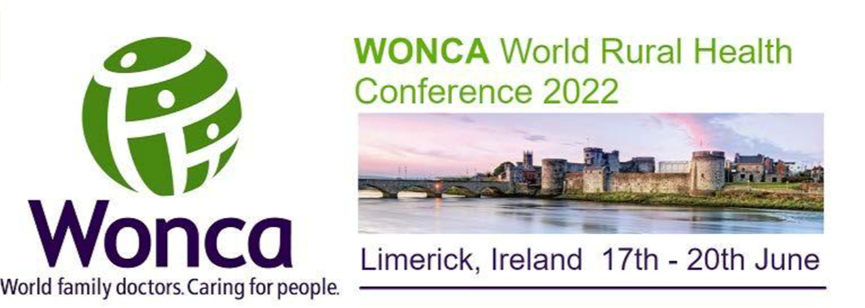T: 01822 851370 E: [email protected]
Visit RSN Survey about life in rural England to find out more.
April Edition of Casebook from the Rural Health and Care Alliance
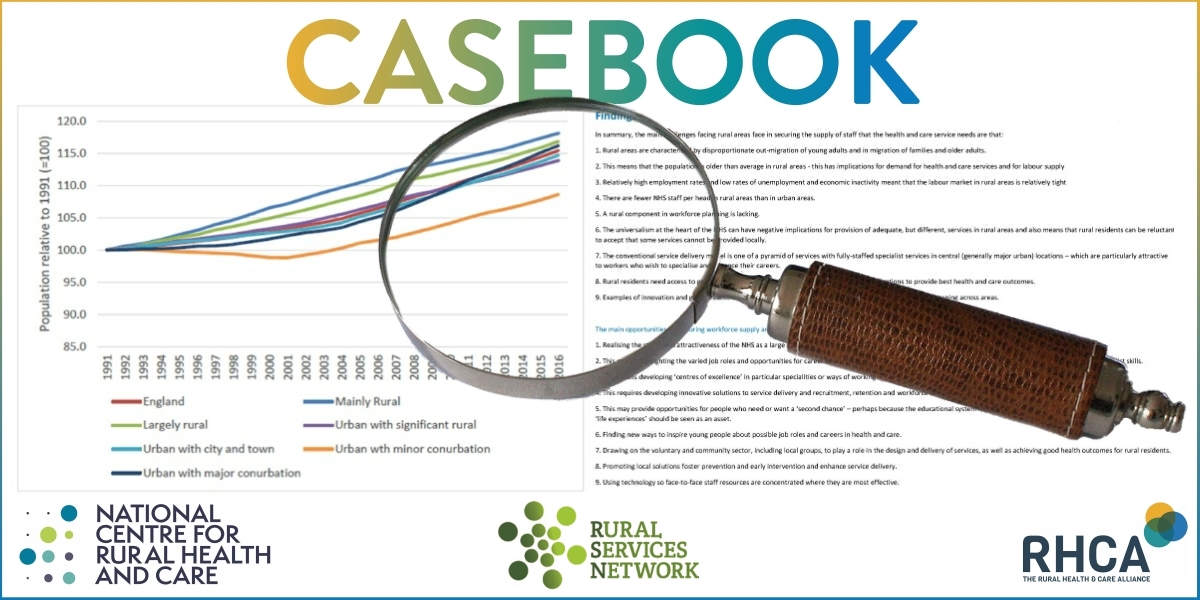
April 2022 Edition
In Casebook this month, child hepatitis, cost of living challenges, declining life expectancy and is covid withering on the vine? Plus, an update on our work on rural proofing in Northern Ireland and much more. Read on!
NEWS COMMENTARY
Ten UK children require transplant amid surge in hepatitis cases
This is a really worrying side effect of the pandemic. It is a child impact issue and will nonetheless involve a number of young people living in rural settings.
Ten children in the UK have required a liver transplant following a recent surge in severe hepatitis cases among young children, with the current total standing at 114 cases across all four UK nations.
A lack of exposure to common adenoviruses due to Covid restrictions during the past two years combined with a recent spike in adenovirus infection as society opens back up is the most likely explanation, experts say.
Adenoviruses are common viruses that can cause a range of symptoms, from common cold-like symptoms, to fever, pneumonia, diarrhoea and conjunctivitis. They do not usually cause hepatitis, although this can be a very rare complication of some types of adenovirus infection.
Speaking during an emergency session at the European Congress of Clinical Microbiology and Infectious Diseases in Lisbon on Monday, Dr Meera Chand, incident director for UKHSA’s investigation into the hepatitis surge, said that of 81 cases reported in England so far, 43 children had fully recovered, while 38 were still in hospital. Seven of the transplant cases were in England.
“The cases in England are not known to be connected to each another and are dispersed all over the country,” she said.
Full article: https://www.theguardian.com/society/2022/apr/25/ten-uk-children-require-transplant-amid-surge-in-hepatitis-cases
Labour calls for emergency budget over cost of living crisis
In view of the fact it costs more, particularly in terms of heating, to live in rural settings, we will be keeping a close eye on how the skyrocketing price of oil and gas plays out in rural communities. The relationship between heating and health is key from a Casebook perspective. This story tells us:
Labour is calling for an emergency budget to bring forward more measures to tackle the cost of living crisis.
Surges in fuel, energy and food prices are hitting people's pockets, with inflation running at a 30-year high.
Labour leader Sir Keir Starmer told the BBC's Sunday Morning show the government's response had been "woeful" and demanded further measures like a windfall tax on energy firms.
A Downing Street source said the PM was working to ease the burden on families.
They said the PM was also focused on growing the economy, adding the Queen's Speech, where the government outlines its future policies, was coming up and these issues were "utterly central to what the government is trying to do".
The SNP called for an emergency budget earlier this month, saying the Tories had ignored the cost of living crisis "brewing under its watch".
The party's Treasury spokeswoman, Alison Thewliss, said: "Warm words now won't heat up homes or food - only action will.
"The chancellor must immediately return to Parliament with an emergency budget that finally puts money into people's pockets."
Full article: https://www.bbc.co.uk/news/uk-politics-61207802
Growing gap in healthy life expectancy between poorest and richest in England
This is a more complicated issue than it sounds, in Rutland of all places healthy female life expectancy has now fallen below the national average. This story tells us:
Girls born in the poorest areas of England will have almost 20 fewer years of good health compared with those in the wealthiest, according to figures that also reveal overall life expectancy in the most deprived areas has dropped significantly.
Female healthy life expectancy at birth in the most deprived areas was 19.3 years less than in the least deprived areas in 2018 to 2020, according to the Office for National Statistics (ONS). For males it was 18.6 years less.
Last week the Guardian revealed that women in the poorest areas of England were dying earlier than the average female in almost every comparable country. MPs and health experts described the revelation as devastating and unacceptable.
Full article: https://www.theguardian.com/society/2022/apr/25/growing-gap-in-healthy-life-expectancy-between-poorest-and-richest-in-england
Coronavirus levels continue to fall across the UK
Pandemic problems over in rural England then? This story tells us……
The number of people who currently have coronavirus in the UK is continuing to fall, according to new data from the Office for National Statistics (ONS).
It suggests around 3.76 million people were infected in the week ending 16 April - roughly one in 17 people.
This is a fall of about 15% on the week before - when the figure stood at 4.4 million, or around one in 15 people.
Other ONS data suggests more than 70% of people in England have had coronavirus since the pandemic began.
ONS officials welcomed the overall decline in infection in the UK in recent weeks, but warned levels of the virus remain high.
The latest study, based on testing by the ONS, gives the clearest available picture of the virus' spread since free testing ended for most people in England at the beginning of this month.
Some limited free testing for the public will continue in Scotland until the end of April, and in Wales and Northern Ireland until the end of June.
Full article: https://www.bbc.co.uk/news/health-61182159
MEMBER ARTICLES
We’d love to hear from you - share what you’re proud of
If you have something you would like us to feature in a future edition, please let us know by clicking here to send us an email.
Now the leading Community Defibrillator Organisation
Click here to access an informative 30-minute podcast about community defibrillation by the Village Hall Podcast.
NATIONAL CENTRE FOR RURAL HEALTH AND CARE UPDATE
Casebook has been delayed slightly by Easter, however we continue to make an impact in a number of areas.
Defra
We have a meeting coming up to discuss our Parliamentary Inquiry findings with a senior civil service team in Defra.
4 Key Priorities
Our four key priorities for 2022/23 have now received a green light of support from NHSE&I and we are now planning to move forward with: the rural proofing toolkit, a primary care network, a rural mental health agenda and some really interesting considerations around the theme of the interface between health and social care
Northern Ireland Interest
We have received funding from the health system in Northern Ireland to support the customising of the Rural Proofing Toolkit in a very interesting new development.
Campus for Future Living
The innovative deep rural medtech and longitudinal research centre we have helped developed as a concept in Mablethorpe has now been provisionally agreed at a funding level of £8 million and we will have a key role in planning how it moves forward. Watch this space!!
NHS Confed
We are still in the process of actively exploring with the NHS Confed how we might develop access to a package of joint membership benefits. More to follow in future editions of Casebook.
Spread the word
If you know of other organisations that you think would benefit from joining the Rural Health & Care Alliance, please click here to email us and let us know.
RURAL SERVICES NETWORK
Up to date news on Health and Care
The Rural Services Network provides a useful source of themed news content and data. Check out the latest news on Health & Wellbeing and Vulnerability, where you’ll find articles on a diverse range of rural issues affecting rural communities. You might also find this research on Over 65 Population Projections useful too.
Latest from RSN Member Insights
RSN Member Insights is the place to discover the statistics that define communities within our membership. It is regularly updated with new analyses, and these will be highlighted in the 'What's New' section of the RSN's Weekly Rural Bulletin. The Rural Bulletin also provides a selection of the most rurally topical news items, so do subscribe and encourage your colleagues to subscribe to what is an invaluable weekly periodical.
To make a suggestion of data that would benefit you by being included in the Member Insights section, please email Dan Worth, our Research and Performance Analyst, at [email protected].
| The Rural Health & Care Alliance is a membership organisation administered by the Rural Services Network on behalf of the National Centre for Rural Health & Care. Explore the RHCA service below: |
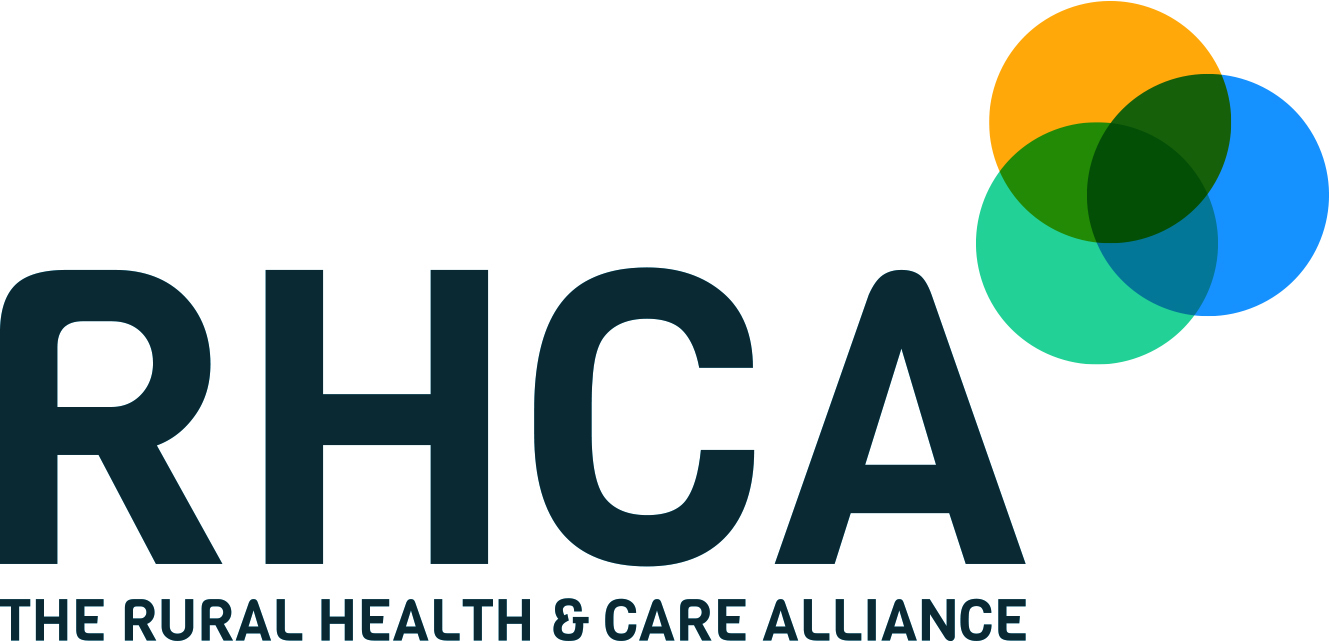 |
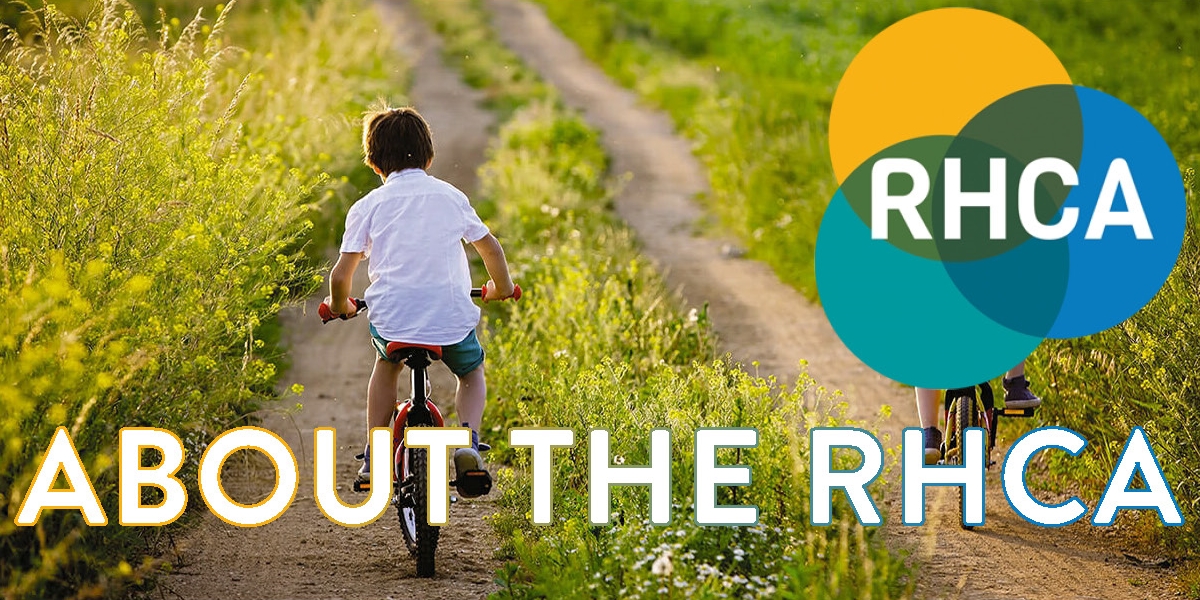 |
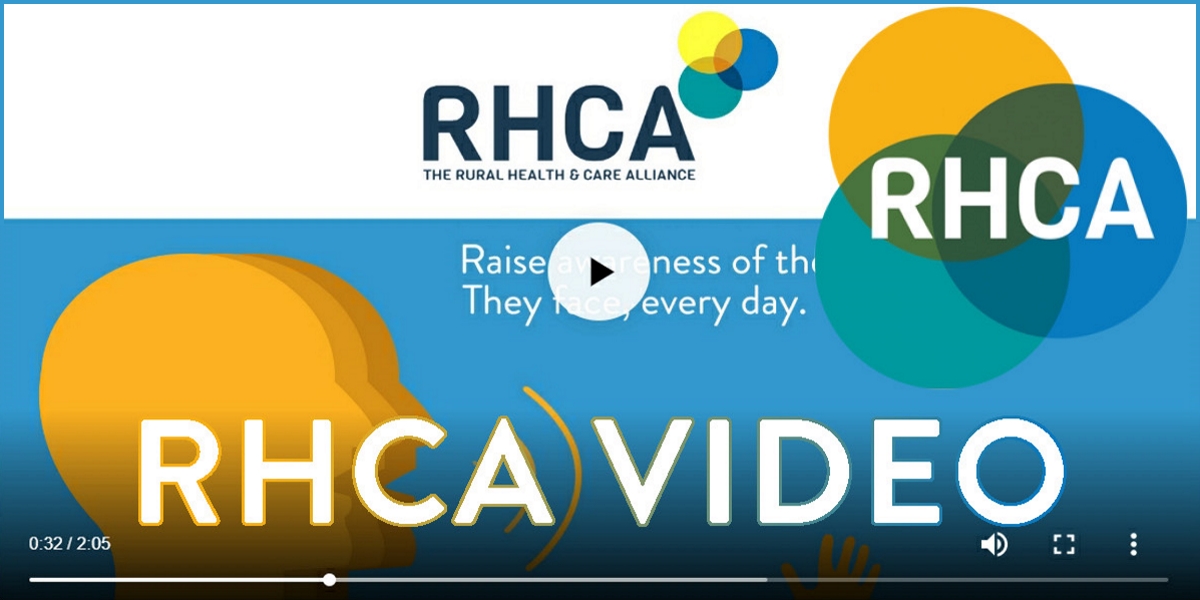 |
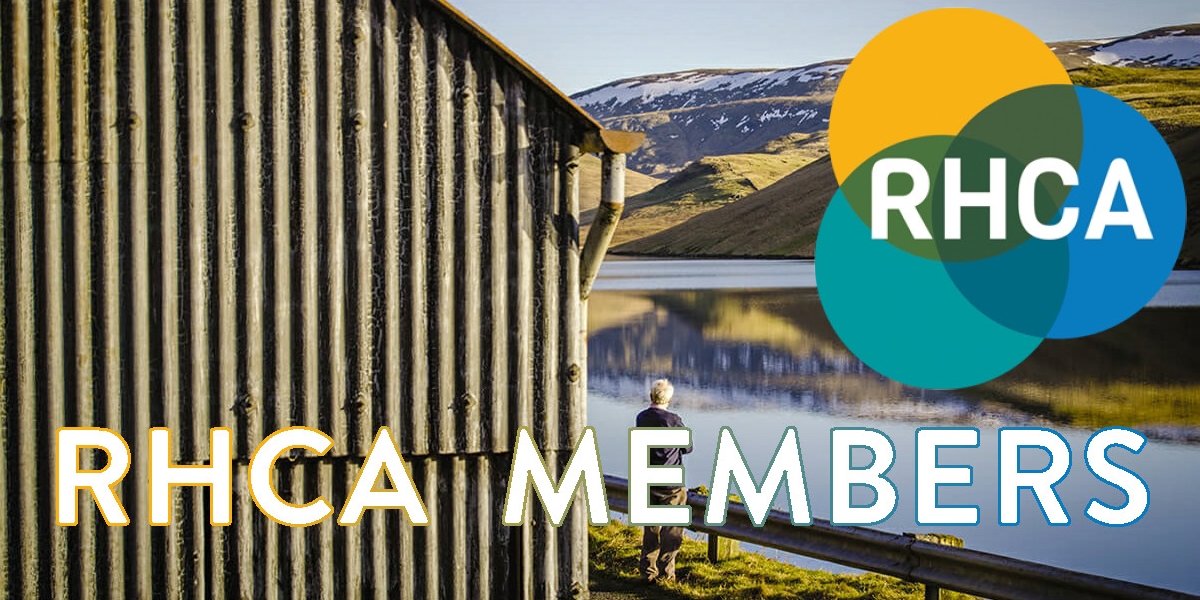 |
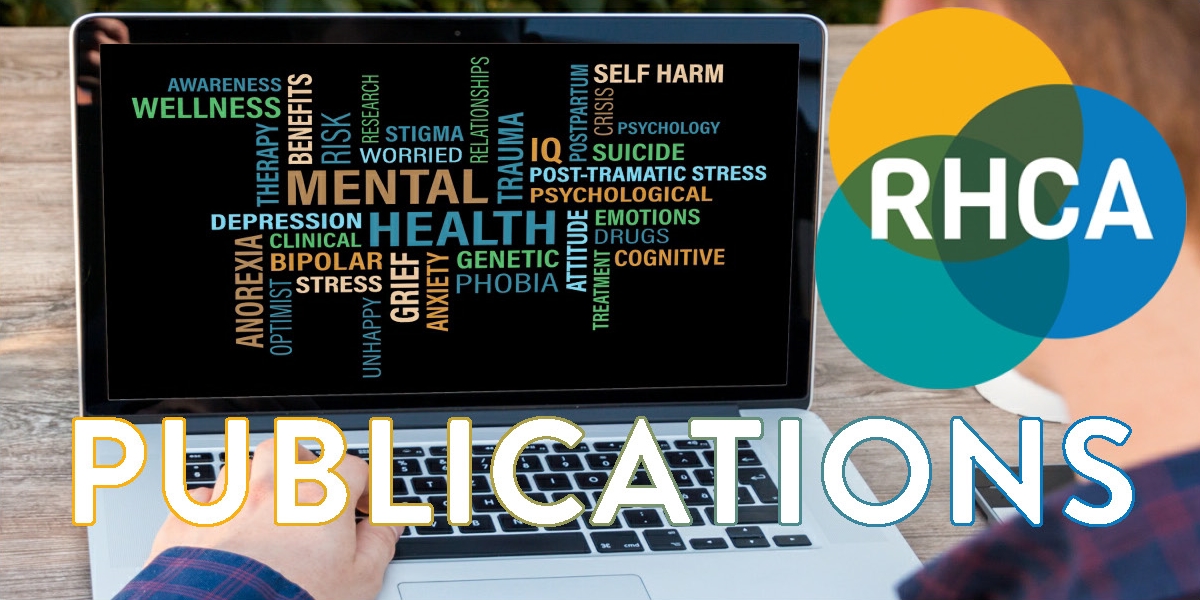 |
 |
 |
 |
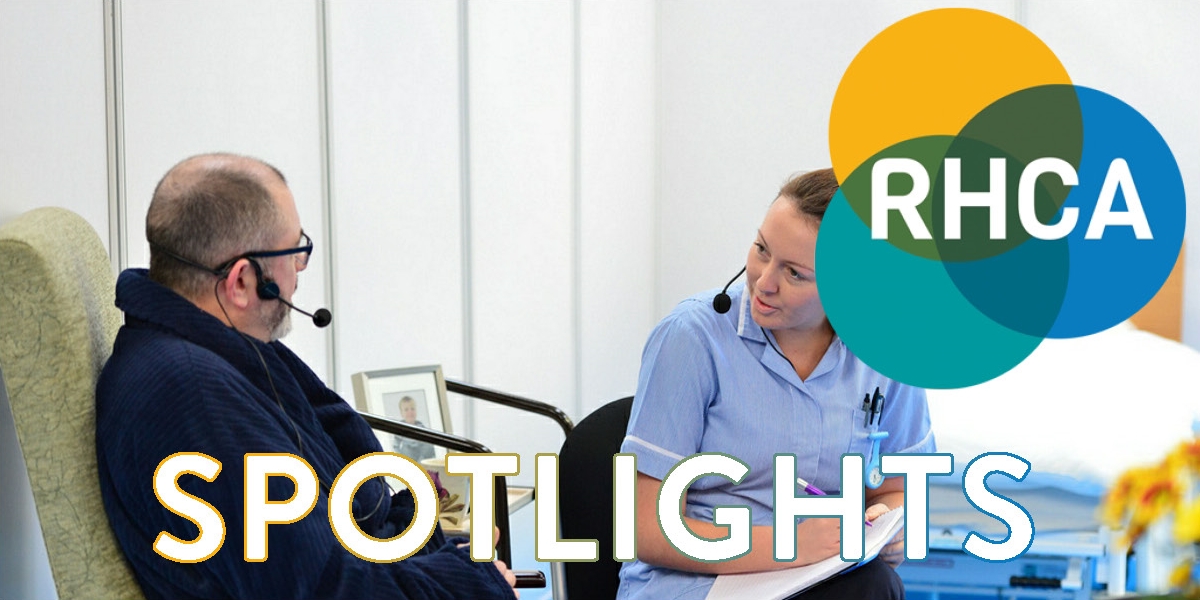 |
 |


